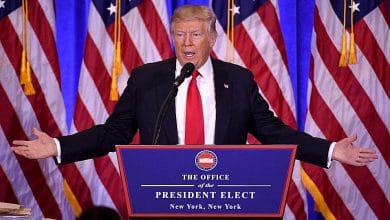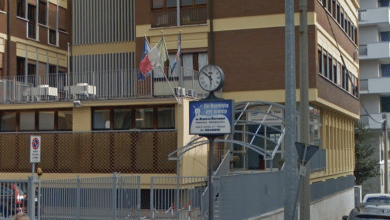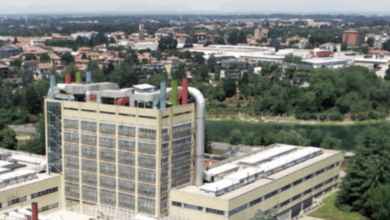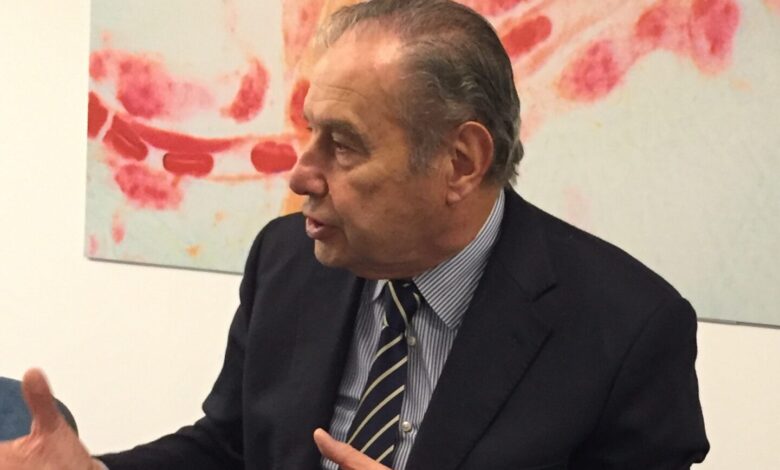
“Nella ricerca bisogna cercare di immaginare la strategia che metterebbe in atto la natura e nello sviluppo di 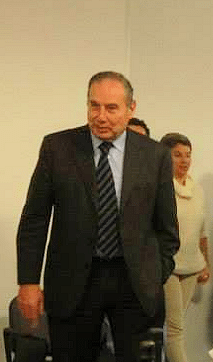 nuovi farmaci bisogna andare dove la natura conduce: questi i due grandi insegnamenti che il Premio Nobel per la medicina Rita Levi Montalcini e un grande farmacologo di origine italiana come Erminio Costa mi hanno lasciato”. Non ha mai smesso di ripeterlo Francesco della Valle, fondatore nel 2001 e presidente di Epitech Group, azienda farmaceutica innovativa nel settore delle neuroscienze, che ne piange la scomparsa.
nuovi farmaci bisogna andare dove la natura conduce: questi i due grandi insegnamenti che il Premio Nobel per la medicina Rita Levi Montalcini e un grande farmacologo di origine italiana come Erminio Costa mi hanno lasciato”. Non ha mai smesso di ripeterlo Francesco della Valle, fondatore nel 2001 e presidente di Epitech Group, azienda farmaceutica innovativa nel settore delle neuroscienze, che ne piange la scomparsa.
Della Valle aveva 84 anni. Scienziato, innovatore e visionario, in molti ne ricordano la mente straordinaria, ma anche lungimiranza, passione e resilienza. La sua profonda passione per la scienza, premiata con tre lauree honoris causa, è testimoniata anche dal fatto che della Valle è stato co-inventore di numerosi brevetti farmaceutici: 120 europei estesi nei principali Paesi e 88 brevetti Usa.
Laureato in Chimica con indirizzo organico-biologico, dopo iniziali esperienze in piccole industrie, nel 1968 entra in Fidia S.p.A., di cui diviene prima direttore generale e poi amministratore delegato. Fidia diviene, sotto la sua guida, una delle realtà industriali farmaceutiche più rilevanti nel mercato italiano e più attive nella penetrazione sui mercati esteri. La lascia nel 1991 per mettersi in gioco in prima persona, fondando prima Lifegroup, poi Epitech Group.
Francesco della Valle nella sua lunga attività professionale e manageriale si è adoperato per dare impulso alla ricerca farmaceutica, che ha orientato verso una biofarmacologia che sapesse mimare e rispettare i meccanismi protettivi messi in atto dalla natura. Cavaliere del Lavoro della Repubblica Italiana, ha sempre sostenuto la necessità di una fortissima osmosi fra accademia e industria nel nostro Paese.
La passione per le neuroscienze l’ha avvicinato a Rita Levi Montalcini, al cui fianco ha camminato e ragionato per anni. Fra gli ultimi interessi, la neuroinfiammazione, substrato comune a moltissimi disordini, dal dolore neuropatico alle demenze.
Note: In 1975 Francesco Della Valle, manager of Fidia, a small pharmaceutical company in Abano (Padua) obtained the registration of Chronical. For Fidia and his Cronassial it is a triumph. Cronassial, which reaches 82% in moments of maximum impact on turnover, becomes the best-selling drug in Italy. Fidia, which in 1968, at the arrival of Della Valle, had a turnover of 600 million, leaps to 420 billion and takes fourth place in the ranking of pharmaceutical industries.
The Cronassial, however, is then banned from the German market. The following year, in Great Britain, the British forbade the sale of Cronassial, which is made from ox brain.
Subsequently, the drug will also be banned in Spain (for Guillain-Barré) and in other markets, while it will never obtain registration in the United States.
The sunset of Della Valle begins, that the masters of Fidia (mysterious individuals of an anonymous company based in Mendrisio, Switzerland) hunt. Sales of the Cronassial plummeted by the 95% until even in Italy it was outlawed.
Della Valle sets up on his own and founds the Lifegroup. Francesco Della Valle was the creator and largest shareholder of Lifegroup at the end of 1991, former managing director for two decades of Fidia (the fourth largest Italian pharmaceutical group) and, among other things, vice president of the Padua and Rovigo savings bank. Lifegroup was a group that employed 120 people, with a consolidated turnover of over 15 billion lire in '93. It was declared bankrupt by the Court of Padua on 19 July 1996. According to Della Valle, the bankruptcy was caused by the banks which, without giving any reason and notice, asked for the immediate repayment of the loans. With the bankruptcy Lifegroup closed and its assets sold off.
The revocation of the bankruptcy took place in 2005 and is argued by the Venetian Court of Appeal, on the basis of the pronouncement requested of the Consulta and starting from the line of defense of Elena Donzi legal by Della Valle, noting the illegitimacy of the procedures followed by the Padua Court. Basically, the "third party" of the judge was not guaranteed.

